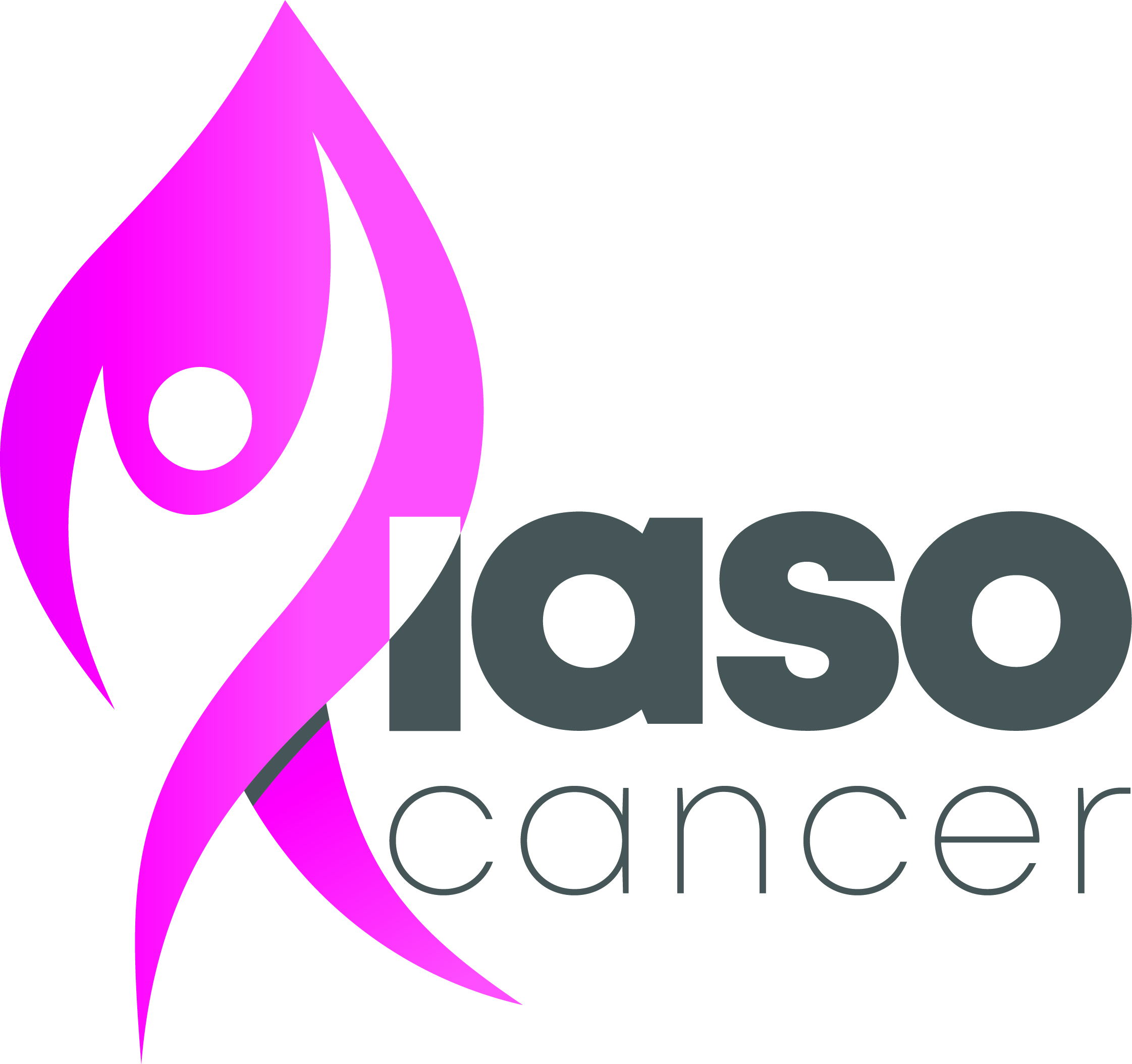DCT plus NanoKnife for prostate cancer
DCT plus NanoKnife for prostate cancer
Dendritic cell therapy is extremely successful for prostate cancer
Studies and our own experience in our clinic over the last 20 years show that dendritic cell therapy (DZT) is extremely successful for prostate carcinoma.
In adjuvant therapy
i.e. patients with a primary tumour that could be surgically removed, still without metastases,
and also in the prophylactic use of immunotherapy to prevent further metastases, the success rates are over 90 percent.
A cure is possible here. In this situation, the goal is to cure the disease and prevent a relapse or recurrence.
In the palliative setting
i.e., when the tumour could not be removed and remains in the patient, when metastases have formed and other organs are affected, we have response rates of 60 to 65 percent for prostate cancer according to WHO criteria.

Even in patients in stage 4 of the disease, with many metastases, the life expectancy can be extended by a factor of 4 with additional dendritic cell therapy compared to surgery, chemotherapy, and radiotherapy alone. From an average of 2 to 8 years.
DCT plus NanoKnife for prostate cancer
The difficult decision facing the patient
As soon as they are diagnosed, people with prostate cancer must quickly decide to have their prostate surgically removed.
Although surgical technology has made great progress in recent years, and even robots now take over the surgeon’s work, serious side effects such as impotence and incontinence remain in most cases (50-70%).
However, no surgical removal of the tumour is also not an alternative.
The sooner the dendritic cell therapy is done after NanoKnife, the better the success rate
However, therapy with dendritic cells is most promising when only small amounts of tumour cells are present. Today we know that the immune system often functions much better in patients with a small tumour mass than in patients with a large tumour load.
After NanoKnife, the cancer cells are destroyed and if any have survived, they are so weakened by the electric shocks that it is easy for the dendrites to finish them off.
As with all cancer therapies, the therapy with dendritic cells is more successful the earlier it is started.
The good news is that there is a procedure that is gentle on the nerves and does not cause impotence or incontinence
The NanoKnife Therapy
It is a breakthrough innovation in the treatment of prostate cancer. It uses a technique - also called IRE - that destroys cancer cells by exposing them to short, strong electrical pulses. Special metal plates, like electrodes, are placed on the prostate where the cancer cells are. The electrical impulses are passed through these plates. However, the surrounding cell and tissue structures are not damaged.
Hardly any side effects
With this method, no nerves are damaged, no healthy tissue is destroyed and therefore there are no side effects to worry about.
The therapy is performed locally, is minimally invasive and takes less than 2 hours. The patient can leave the clinic the next day and go to the dendritic cell therapy clinic which is only a few hours’ drive away.
The NanoKnife method is
Fast
patient is only in the clinic for 24 hours
Effective
Painless
Does not cause incontinence
Does not cause impotence
Patient is fit again after 2 to 3 days
The NanoKnife method is the first nerve-sparing prostate cancer treatment. NanoKnife kills the prostate cancer cells instead of removing or irradiating the entire prostate.
We are happy to help you
Arrange a free appointment now
This is also important for prostate cancer
The right diagnosis
MRI is the most accurate method of diagnosing prostate cancer.
If prostate cancer is suspected, usually because of an elevated PSA, a transrectal punch biopsy is recommended, giving a success rate of only 30-35%. This is not good enough for you.
Talk to us and we will introduce you to the world’s leading experts in the use of the Nano Knife and in the treatment of prostate cancer
Please think about it and talk to us
Once the prostate is removed, there is no going back. However, after NanoKnife treatment, surgery and radiotherapy are still possible
Ask for an MRI (Magnetic Resonance Imaging)
An MRI-guided and trans perineal 3D mapping, promises a success rate of 85-100% results. Avoid unnecessary invasive procedures.
A standard prostate cancer biopsy can only find cancer if it happens to be in one of the sites examined. If no cancer is found and the PSA level rises again, another biopsy is performed, and so on until the cancer is large enough to be detected or it is detected by chance.
The treatment process and the costs
-
Planning
-
Placement of the electrodes
-
Simulation
-
Treatment
-
Follow-up
The costs vary depending on the number of electrodes that need to be installed. As a guide, the costs are around EUR 28’000
Combined with a DCT if will be approx. : EUR 44’000
